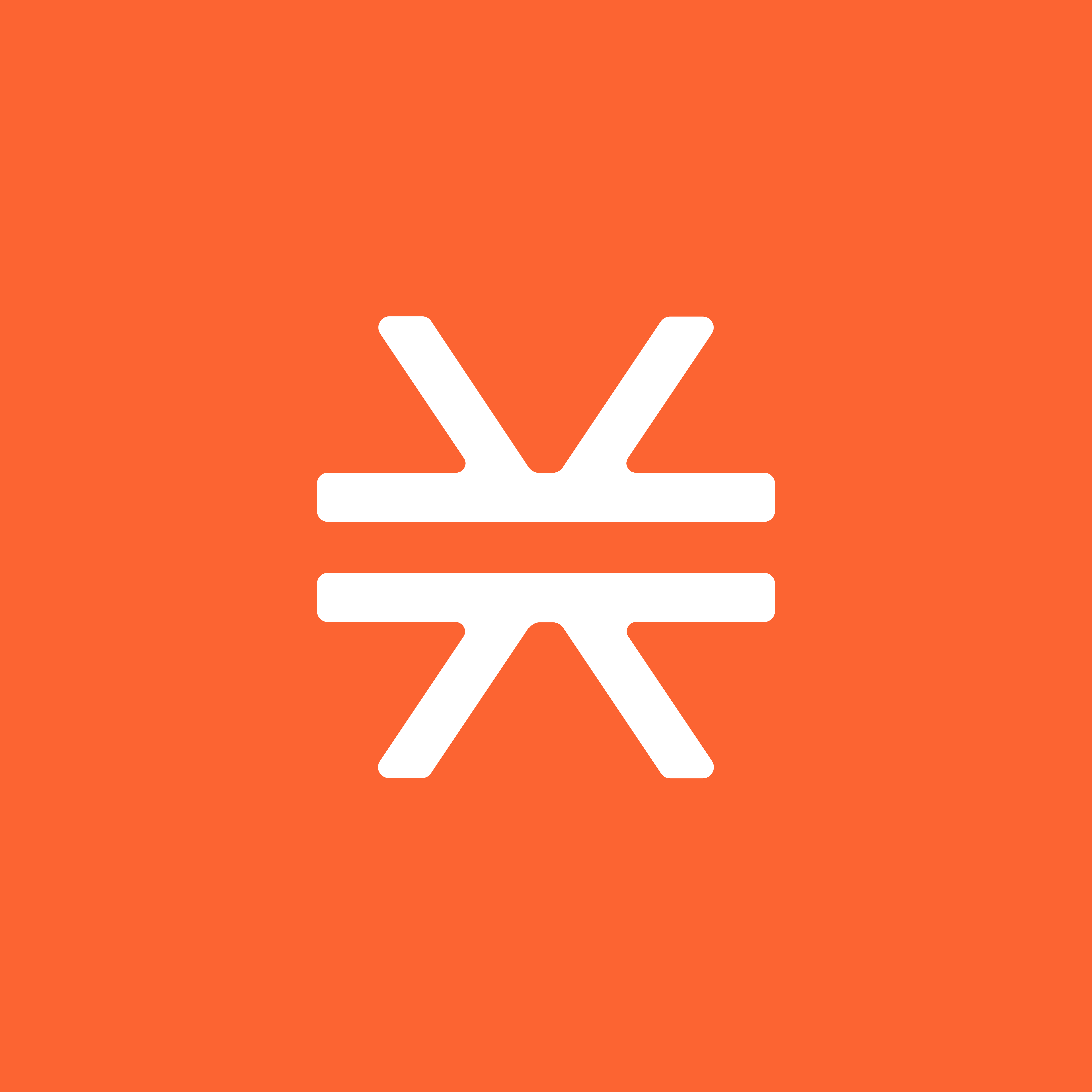Zest Raises $3.5M, Led by Tim Draper, for On-Chain Bitcoin Lending Using Stacks
The seed raise was led by billionaire investor Tim Draper with participation from Binance Labs, Flow Traders, Trust Machines and others.

24H Price
The Stacks price is $1.85, a change of 2.92% over the past 24 hours as of 11:54 p.m. The recent price action in Stacks left the tokens market capitalization at $2.74B. So far this year, Stacks has a change of 23.16%. Stacks is classified as a Smart Contract Platform under CoinDesks Digital Asset Classification Standard (DACS).
STX is the native token of the Stacks blockchain, a layer 2 blockchain network that leverages the security of the Bitcoin blockchain to settle transactions.
STX launched in October 2019 at 21 cents. Its price did not budge above a dollar until early 2021, when exchanges finally received the all-clear from Blockstack PBC, the company that invented Stacks. Blockstack PBC (now called Hiro) had waited until it had decentralized the network before listing its token on exchanges.
Luckily for Stacks, that’s right around the time when cryptocurrency prices started to boom. STX rose to highs of $2.70 in April 2021. When the market died down over the summer, STX fell to 60 cents. But in November 2021, when decentralized finance (DeFi) tokens rose again in a second wind, STX hit an all-time high of $3.61. That wind died down by Q2 2022, and STX fell to about 52 cents by June of that year.
The network created 1.32 billion STX when it launched the token in November 2018. About 39% went to investors in various token tales, 8.23% to equity investors in Blockstack and 13.53% to founders. Another 30% went to the company’s treasury, 3% to fund projects within its ecosystem and 5.65% to employees. Many of these tokens were subject to timelocks, but data provider Messari predicts that all the original tokens will be in circulation by 2025.
Stacks originally designed its token distribution to mint and burn tokens periodically. In October 2020, Stacks simplified its economic policy to remove this process entirely, replacing it with a policy that mints new STX each time a block is added to the network, similar to what’s done with Bitcoin.
Under the new schedule, the number of STX minted per block decreases over time. Until 2024, miners will mint 1,000 new STX per block. This will reduce to 500 STX per block from 2025 through 2029, 250 STX per block for 2030-2034, and finally 125 STX per block until the end of time. The new schedule projects that 1.8 billion STX tokens will circulate around its economy by 2050.
Stacks is a layer 2 blockchain network that relies on a unique consensus mechanism called proof of transfer (PoX). Under PoX, miners spend bitcoin to receive newly minted STX tokens. STX holders can also “stack” their tokens (read: stake – to lock up tokens to support the network) to earn bitcoin.
The idea is that circulating bitcoin is already a product of proof-of-work. That’s the consensus mechanism where computers expend energy to create new bitcoin. So if those computers have already expended resources, there’s no need to use up energy again.
By mining STX with BTC, miners are recycling the product of other people’s work. That means the Bitcoin network doesn’t need to add smart contracts or change in any way; those coins are good to use on STX, which does support smart contracts.
STX is used to pay for transactions on the Stacks blockchain, just like ETH or SOL are used to pay for transactions on Ethereum or Solana. (However, unlike those networks, Stacks uses those tokens to settle transactions in another currency, BTC.) STX is also used to power Stack’s smart contracts. These are written in a smart contract language called Clarity, which Blockstack PBC built with Algorand.
Stacks started life as Blockstack PBC. The corporation was founded in 2013 by Muneeb Ali and Ryan Shea at Princeton’s Computer Science department. The pair joined tech incubator Y Combinator in 2014 and raised $1.3 million in a seed round led by Union Square Ventures to develop the protocol.
The company raised $21.2 million in a 2017 SAFT, a secure agreement for future tokens that distributes tokens after the network has decentralized. It was the first Securities and Exchange Commission-qualified token sale. Those who participated in the sale have now received all of their tokens.
To avoid the wrath of regulators, Blockstack PBC chose not to list its tokens on exchanges until it had decentralized the network.
Blockstack PBC considered the network sufficiently decentralized following the launch of Stacks 2.0 at the end of 2020. The new upgrade decentralized control over the network to miners. Blockstack PBC rebranded to Hiro Systems and opted not to run a node – it became a software development company instead.
A Delaware-registered non-profit called the Stacks Foundation, helmed by former Blockstack PBC employee Britanny Laughlin and funded by Blockstack PBC money from previous STX token sales, has stewarded the network since April 2020.
The seed raise was led by billionaire investor Tim Draper with participation from Binance Labs, Flow Traders, Trust Machines and others.
The venture capitalist believes applications built on bitcoin will perform similarly to how Microsoft applications did in the internet boom.
The latest price moves in crypto markets in context for June 22, 2023.
The latest price moves in crypto markets in context for May 3, 2023.
As crypto voters defect from the Democratic Party to support Trump, Rep Read more...


CoinDesk’s Bitcoin and Cryptocurrency Calculator determines the exchange rates between major fiat currencies and cryptocurrencies – including BTC, BCH, ETH and XRP to USD, EUR, GBP, IDR and NGN – with up to six decimal places of accuracy. Conversion rates are based on CoinDesk’s Bitcoin Price Index and the price indices of other digital assets. World currency prices are based on rates obtained via Open Exchange Rates.
Diving in deeper on cryptocurrency.